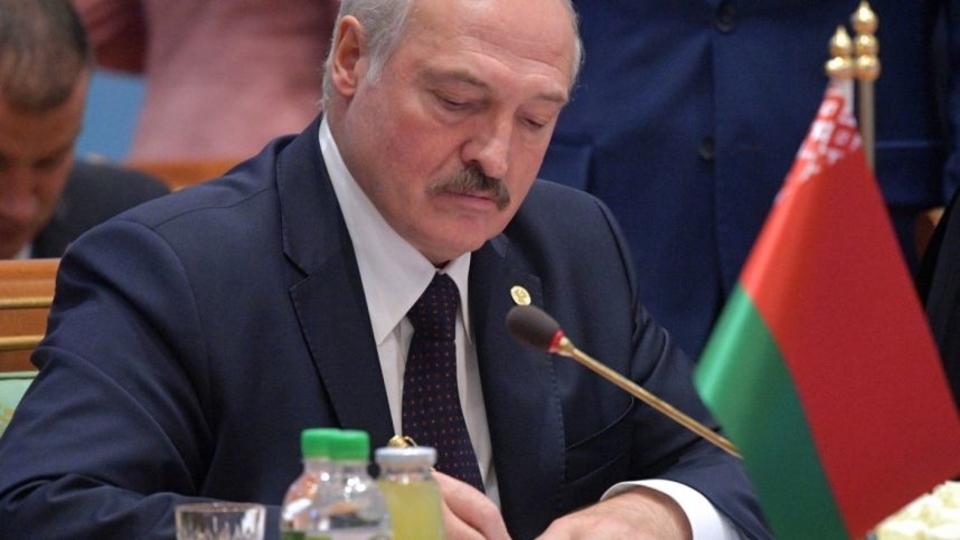On November 17, elections will be held for the National Assembly in Belarus. As the date for the elections draws near, along with the much awaited presidential elections in 2020, the Belarusian left has cautioned the electorate in the country against the pro-European and anti-Russian propaganda being spread in cyberspace under the direction of professionals and vested interest groups, and which is being pushed by the West.
In an article on the website of the Communist Party of Belarus (KPB), Andrey Lazutkin gives a detailed account of the rise of secret groups and online channels in the country that target different sections of society, particularly the youth, relatively non-political businessmen, pro-EU journalists, professionals and rights-activists. Such groups have been found to share a common interest in the drastic transformation of Belarusian politics and civil society. The major narrative propagated by them is largely centered around “Russian aggression” and calls for “ousting Alexander Lukashenko,” the country’s long-standing president.
Lazutkin opines that this is a well-orchestrated campaign, sponsored by a section of the opposition in the country to create covert momentum for political change.
Apart from the alleged ballot stuffing, rigging and the abuse of power, one of the significant factors that has contributed to the continuation of Alexander Lukashenko as the country’s president is the factionalism and non-credibility of the opposition in Belarusian politics. The pro-west sponsors of a section of the opposition forces have reportedly adopted a new campaign strategy through the abovementioned networks, distancing themselves from the traditional opposition players, parties and institutions
In his article, Lazutkin mentions certain websites such as Charter 97 and Nekhta, calling them out for being involved in the spreading of anti-Lukashenko propaganda that is covertly sponsored by pro-western interests.
Lukashenko has remained in a position of absolute power in the country since 1994. His presence has continuously irked the EU leadership, the west and at times, even the Russians. However, despite his controversies with regard to Russia, Belarus remains a relatively pro-Russian country in the region. On the other hand, even though there have been intermittent talks with the EU towards the integration, the EU leadership finds Lukashenko unreliable.
A wider conspiracy behind the online propaganda is also being suggested by some observers. Apart from the ouster of Lukashenko, the online campaign about Russian aggression may significantly deteriorate Russia-Belarus relations and eventually open the gates for players like NATO and the US to influence the political system of another of Russia’s neighbors.
It is in such a context that Lukashenko will contest the upcoming elections.
Meanwhile, Lukashenko re-asserted his pride in Belarus’ Soviet legacy, declaring that the country would continue to mark the anniversary of the Russian revolution on November 7.
Lukashenko went on to add, “We had 1917 in our history. It came to us from other territories. We lived in the Russian Empire, were part of it. A revolution took place, and we began to build the first socialist state together with the Russians and others. The goals of 1917, including the power to the people, land to farmers, etc. were good.” It should be noted that Lukashenko’s statement comes at a time when persecution of communists and the demolition of the Soviet-era monuments is rampant in countries like Poland and Ukraine, among others. This September, the European Parliament passed a resolution equating communism with Nazism and called for the erasure all memorials of “totalitarianism” across Europe, including memorials dedicated to the Red Army, which was responsible for liberating much of eastern Europe from Nazi terror during World War II.





